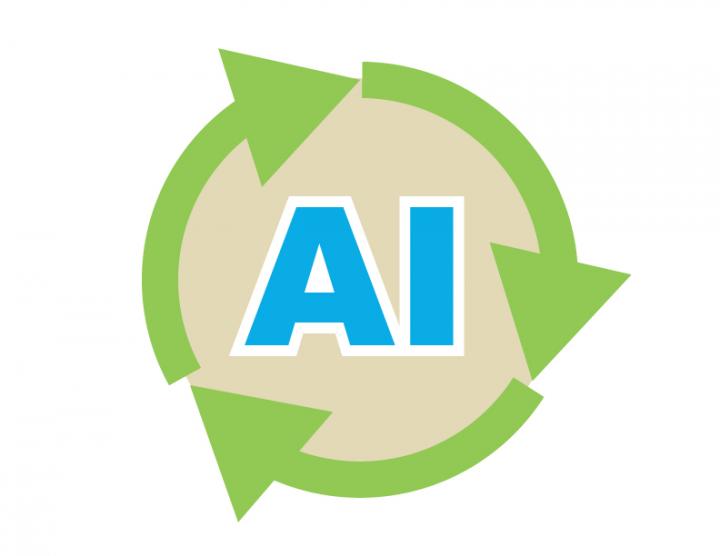
Credit: Indiana University Center for Health Innovation and Implementation Science
INDIANAPOLIS — Scientist-clinicians from the Indiana University Center for Health Innovation and Implementation Science, Regenstrief Institute and IU Center for Aging Research have designed, developed and implemented an effective, simple new methodology — Agile Implementation — for faster, efficient, scalable, sustainable and effective translation of evidence-based healthcare solutions.
Agile Implementation methodology provides a catalytic platform for transforming the current healthcare delivery system (HC 1.0) into a patient and family centric, high reliability, learning healthcare delivery system (HC 2.0).
Typically, it takes the current healthcare system 17 years to implement only about 15 percent of evidence-based healthcare solutions. Utilizing the Agile Implementation methodology, scientists at Indiana University and the Regenstrief Institute implemented an evidence-based collaborative care model within two years and have sustained this evidence-based model for a decade serving thousands of patients and their family caregivers.
"Agile Implementation: A Blueprint for Implementing Evidence-Based Healthcare Solutions" is published online ahead of print in the Journal of the American Geriatrics Society.
"This is personal — I want my own family and my patients and their families to get the best evidence-based care with great value and I want this to happen now," said Malaz Boustani, MD, MPH, who leads the Agile Implementation team and is the corresponding author of the blueprint paper. "With Agile Implementation we can effectively and sustainably compress the discovery to delivery translational timeline."
The eight steps of the Agile Implementation methodology outlined in the paper are: 1) identify opportunities; 2) identify evidence-based healthcare services; 3) develop evaluation and termination plans; 4) assemble a team to develop a minimally viable service; 5) perform implementation sprints; 6) monitor implementation performance; 7) monitor whole system performance; and 8) develop a minimally standardized operating procedure.
In the JAGS paper Dr. Boustani and colleagues provide a demonstration of the Agile Implementation process focusing on the Aging Brain Care model.
The Aging Brain Care model is an evidence-based collaborative care model which targets older adults with dementia, depression, or delirium. Dr. Boustani and colleagues developed and have sustained the model for ten years. This innovative aging brain care model has been shown to reduce emergency department visits and hospitalizations while broadening the definition of a patient to include the family members who enable cognitively impaired and depressed individuals to live in the community. A team of physicians, nurses, social workers and community health workers work closely with both the older adult and family caregivers — in the exam room and in the home, as well as over the phone and via email — to deliver care to improve brain health for patients and their family caregivers.
Agile Implementation is based on the complex adaptive system and social cognitive theories. Those interested in applying Agile Implementation methodology to their healthcare system or medical practice can participate in the IU Center for Health Innovation and Implementation Science's unique training opportunities through workshops, short courses, boot camps or graduate certificate programs. Information is available on the center's website.
Agile Implementation is a modern-day formula for quality improvement. The efficient, sustainable, scalable, and human-centric Agile Implementation methodology can be used in a variety of fields beyond healthcare.
###
Authors of the JAGS blueprint paper – a case demonstration study of implementation and sustainability — in addition to Dr. Boustani, founding director of the IU Center for Health Innovation and Implementation Science of the Indiana Clinical and Translational Sciences Institute and a Regenstrief Institute and IU Center for Aging Research scientist, are Catherine A. Alder, JD, MSW of the Sandra Eskenazi Center for Brain Care Innovation, Eskenazi Health; and Craig A. Solid of Solid Research Group, LLC, St. Paul, Minnesota. Dr. Boustani is the Richard M. Fairbanks Professor of Aging Research at IU School of Medicine and founding director and chief innovation and implementation officer of the Sandra Eskenazi Center for Brain Care Innovation at Eskenazi Health.
Media Contact
Cindy Fox Aisen
[email protected]
317-843-2275
@regenstrief





